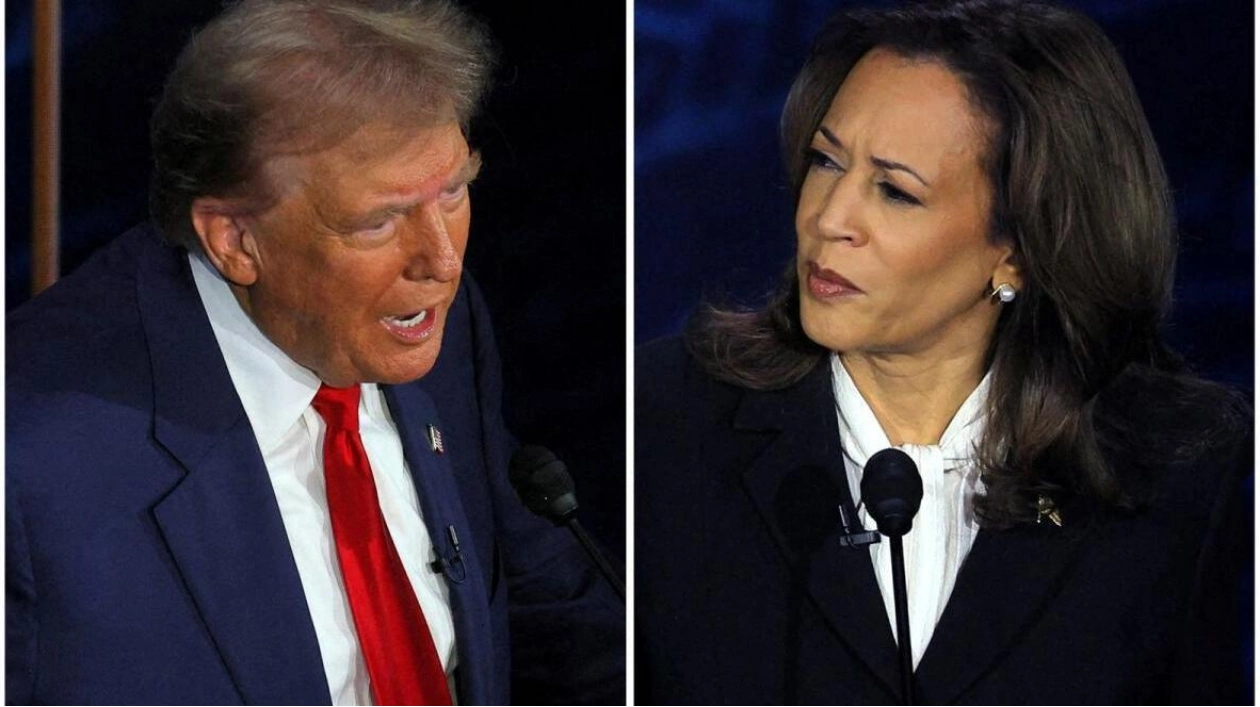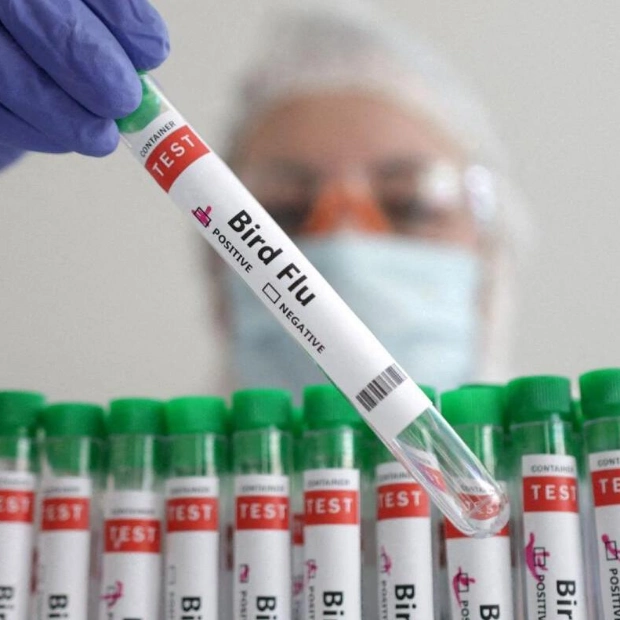Artificial intelligence may not be a defining issue for US voters, but it made headlines after the recent presidential debate when Taylor Swift endorsed Kamala Harris and expressed her concerns about AI-driven misinformation. Swift mentioned a fake social media image posted by former president Donald Trump in August, which falsely depicted her endorsing him, prompting her to clarify her stance against misinformation spread via AI.
Democratic Vice-President Harris, who has ties to Silicon Valley, has taken a cautious approach to AI innovations while advocating for American leadership in technology. On the other hand, Republican candidate Trump has generally favored deregulation, though he also acknowledges threats from global rivals, particularly China, in the realm of AI and other advanced technologies.
What would a Trump or Harris presidency mean for AI? During the debate, Harris emphasized the need to invest in "American-based technology" to win "the competition for the 21st century" or the "race on A.I. and quantum computing." However, if she wins, Harris is expected to adopt a cautious approach to AI, similar to her predecessor President Joe Biden. Last October, Biden signed an executive order aimed at reducing the risks AI poses to consumers, workers, minority groups, and national security.
Harris views technology as a national security issue, with China seen as the main threat to US dominance. The Biden administration has issued draft rules to ban or require notification of certain investments in AI and other tech sectors in China that could threaten US national security. In her acceptance speech at the Democratic National Convention, Harris linked AI to a struggle for dominance with China, stating her commitment to ensuring that "America — not China — wins the competition for the 21st century."
The Democratic Party's policy platform promises that a Harris administration would focus on "seizing the promise and managing the risks of AI" to ensure it serves the public interest. It also emphasizes the need for workers to have a say in how AI is used in their workplace and to share in the economic gains AI produces. Harris has previously expressed concerns about AI-linked discrimination or bias, and the Biden administration has published a blueprint for an AI Bill of Rights and issued new guidance on combating algorithmic discrimination.
On the other hand, Trump has advocated for lighter regulation on AI and has pledged to rescind Biden's executive order and ban the use of AI "to censor the speech of American citizens on day one." The Republican policy platform reiterates this commitment, supporting AI development rooted in free speech and human flourishing. Trump has also been endorsed by influential tech billionaires like Elon Musk.
Despite these differences, both Trump and Harris share similar positions on tech and national security, with China being a primary concern. The Biden administration has imposed tariffs on Chinese imports, including a 100% duty on electric vehicles. The Democratic Party's 2024 policy platform includes restricting China's access to advanced technologies and reshoring supply chains for critical 21st-century technologies.
Ultimately, the key priority for whoever wins the presidency should be working with other nations to regulate AI. A global model of AI development that is cooperative and brings nations together is what is most needed, according to experts.






